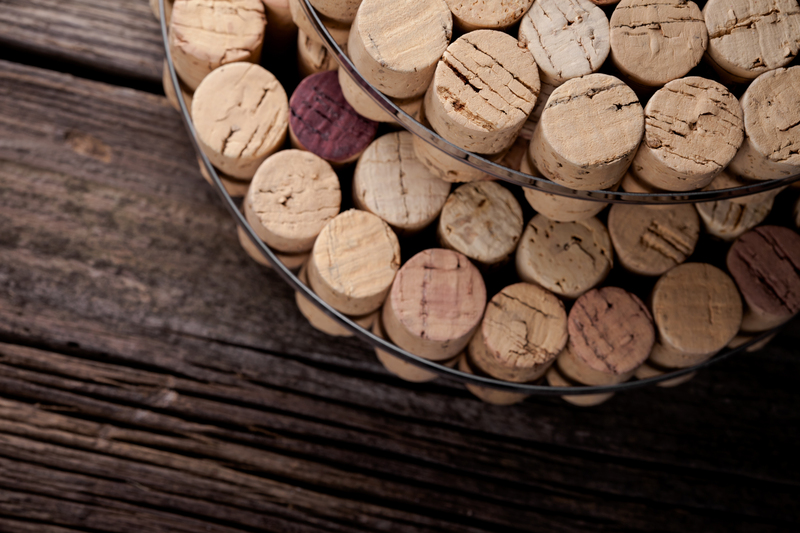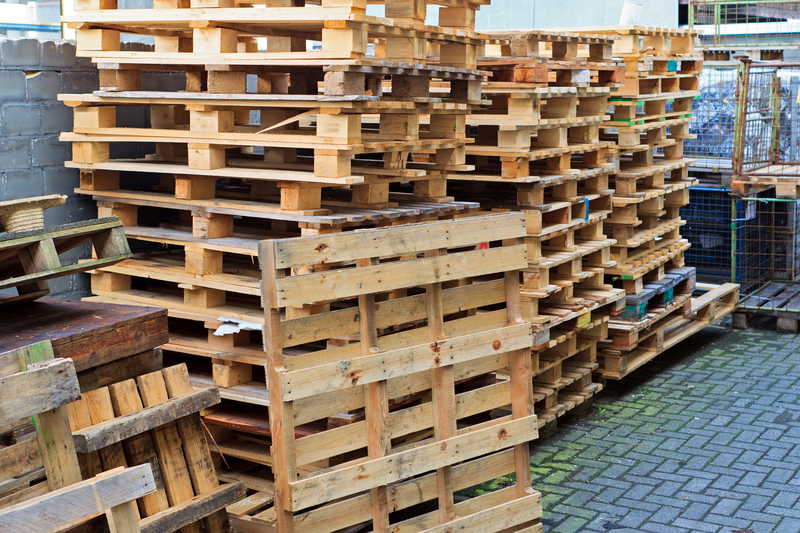The Art of Teaching Kids About Recycling: Nurturing Green Champions
In today's world, where sustainability is more important than ever, fostering recycling awareness in children is a critical part of shaping the future. By teaching kids about recycling, parents, teachers, and communities play an essential role in cultivating responsible habits and eco-friendly lifestyles. This comprehensive article delves into efficient strategies, creative ideas, and powerful methods to help raise an environmentally conscious generation.

Why Teaching Recycling to Children Matters
Understanding the importance of recycling for children extends beyond simple waste sorting. It encourages responsibility, nurtures critical thinking, and connects kids with their larger community and environment. Early lessons often become lifelong habits, shaping tomorrow's leaders into eco-conscious individuals.
- Builds Environmental Awareness: Kids learn about the impact of waste and how their actions matter.
- Promotes Community Engagement: Involving young minds in projects unites families, classmates and neighbors.
- Develops Good Habits: Children develop valuable life skills such as sorting, reusing, and reducing waste.
- Encourages STEM Learning: Recycling naturally complements science, technology, engineering, and mathematics (STEM) curricula.
Early Exposure: When is the Best Time to Start?
It's never too early to introduce the concepts of recycling to children. Even toddlers can grasp the basics with visual cues and hands-on activities. As children grow, you can shape lessons to their age, understanding, and daily life.
How to Teach Kids About Recycling: Practical and Fun Approaches
1. Set a Positive Example at Home
Children are natural imitators. The easiest way to begin teaching kids about recycling is to model the behavior at home.
- Designate a recycling station: Use clearly labeled bins for paper, plastics, metals, and glass.
- Sort together: Invite your child to help with separating recyclables from trash after meals and chores.
- Talk about choices: Explain why certain items go in each bin and discuss what happens next.
2. Make Learning Interactive
Children learn best while doing. Transform the lesson into engaging activities that spark curiosity and imagination.
- Sorting Games: Turn recycling into a challenge by timing how quickly kids can sort a pile of clean recyclables.
- Recycling Crafts: Reuse bottles, jars, newspapers, and boxes for creative art projects.
- Storytelling: Read children's books about recycling and environmental stewardship.
- Field Trips: Visit a local recycling facility or landfill to see the impact first-hand.
3. Harness the Power of Visual Aids
Kids are highly visual learners. Use charts, posters, and infographics that break down complex processes into simple steps. Color-coded bins and illustrated lists help reinforce sorting skills and recognition of materials.
4. Incorporate Recycling into School Curriculum
Schools are ideal environments for teaching recycling to students. Educators can weave recycling themes into science lessons, school projects, and collaborative activities for deeper understanding.
- Science Experiments: Use recycled materials for projects to demonstrate principles like buoyancy or insulation.
- Writing Assignments: Encourage students to write essays or stories about recycling initiatives.
- School-Wide Programs: Launch a "Green Team" or recycling competition between classes.
5. Encourage Problem Solving and Critical Thinking
Asking children open-ended questions motivates them to think critically about recycling and environmental issues:
- What happens if we don't recycle?
- How can we reuse this item instead of throwing it away?
- What creative uses can we find for materials in our recycling bin?
Creative Activities to Make Recycling Exciting for Kids
Inject fun into recycling education with these hands-on activities and games:
- Recycling Relay Races: Organize a backyard competition to see who can sort different materials the fastest.
- Trash to Treasure Workshops: Host sessions where kids build toys, planters, or decorations from recyclables.
- Scavenger Hunts: List common recyclable items and challenge kids to find them around the house or school.
- Eco-Friendly Challenges: Set weekly family or classroom goals, such as collecting the most aluminum cans.
Addressing Questions and Misconceptions
Children often ask thoughtful questions about recycling and its value. Addressing these topics honestly is essential:
- Does all recycling really get recycled?
Explain that not all collected materials are processed due to contamination or logistical challenges, emphasizing the importance of proper sorting and rinsing. - Is recycling enough?
Discuss the broader concept of reduce, reuse, recycle and how making less waste in the first place is often better. - Why do some places recycle things others don't?
Share information about local recycling rules and how they're determined by available facilities and markets.
Leveraging Technology for Recycling Education
Digital tools can make teaching children about recycling even more interactive and engaging.
- Educational Apps: Download games and quizzes focused on waste sorting and sustainability.
- Instructional Videos: Watch documentaries or animated shorts that explain the recycling process.
- Online Challenges: Join global recycling campaigns and share progress with friends on social media, underlining the value of collective action.
Involving the Whole Family: Sustainability as a Way of Life
Recycling education works best when the entire family participates. Consider these tips to turn recycling into a shared value:
- Hold family recycling nights: Sort bins, clean materials, and get creative together with upcycled crafts.
- Cook with leftovers: Develop a habit of minimizing food waste, tying it in with your recycling routine.
- Volunteer for clean-up events: Participate together in community efforts to remove litter and recycle materials found in parks or neighborhoods.
Cultivating the Three R's: Reduce, Reuse, Recycle
While teaching kids about recycling is essential, it's equally crucial to introduce the concept of reducing and reusing. This holistic approach ensures children understand that the best waste is the one that is never created.
Ways to Practice Reducing Waste
- Choose reusable containers: Avoid single-use plastics in lunches and snacks.
- Buy in bulk: Lessen packaging waste by purchasing items in larger quantities.
- Compost: Turn organic waste into valuable fertilizer for gardens and plants.
Smart Reusing Ideas for Kids
- Repurpose containers: Use yogurt cups, jars, and boxes for crafts, storage, or growing seedlings.
- Donate unwanted items: Encourage children to give away clothes, toys, and books instead of throwing them away.
Addressing Challenges in Teaching Recycling to Children
Even the most enthusiastic educators may face obstacles when introducing recycling to kids. Here's how to overcome common barriers:
- Confusing Rules: Recycling guidelines can differ by city or country. Keep instructions simple and adjust as needed for changes.
- Lack of Interest: Sustain enthusiasm by varying activities and making lessons relevant to personal experiences.
- Contamination: Reiterate the need to rinse containers and avoid putting non-recyclables in the bin.
- Access to Facilities: If your area doesn't offer full recycling services, teach children about alternatives like upcycling or local collections.

Measuring Success: Signs Kids Are Embracing Recycling
Recognize and celebrate progress to motivate further learning. Your kids may be internalizing recycling habits if they:
- Remind you to sort items or empty bins
- Get curious about where things go after pick-up
- Invent new uses for old materials
- Teach siblings or friends about recycling principles
Acknowledging these moments reinforces the importance and joy of living sustainably.
Conclusion: Raising Tomorrow's Eco Heroes
The art of teaching kids about recycling lies in making environmental responsibility second nature--something that feels rewarding and enjoyable. With creativity, patience, and practical strategies, parents and teachers can turn recycling education into an enriching experience that lasts a lifetime.
By weaving recycling lessons for kids into daily activities, schools, and family traditions, you nurture young environmental stewards who will continue to make a positive difference. Remember, every can, every bottle, and every conversation counts. Start today, and help shape a greener, cleaner, and more sustainable future for generations to come.